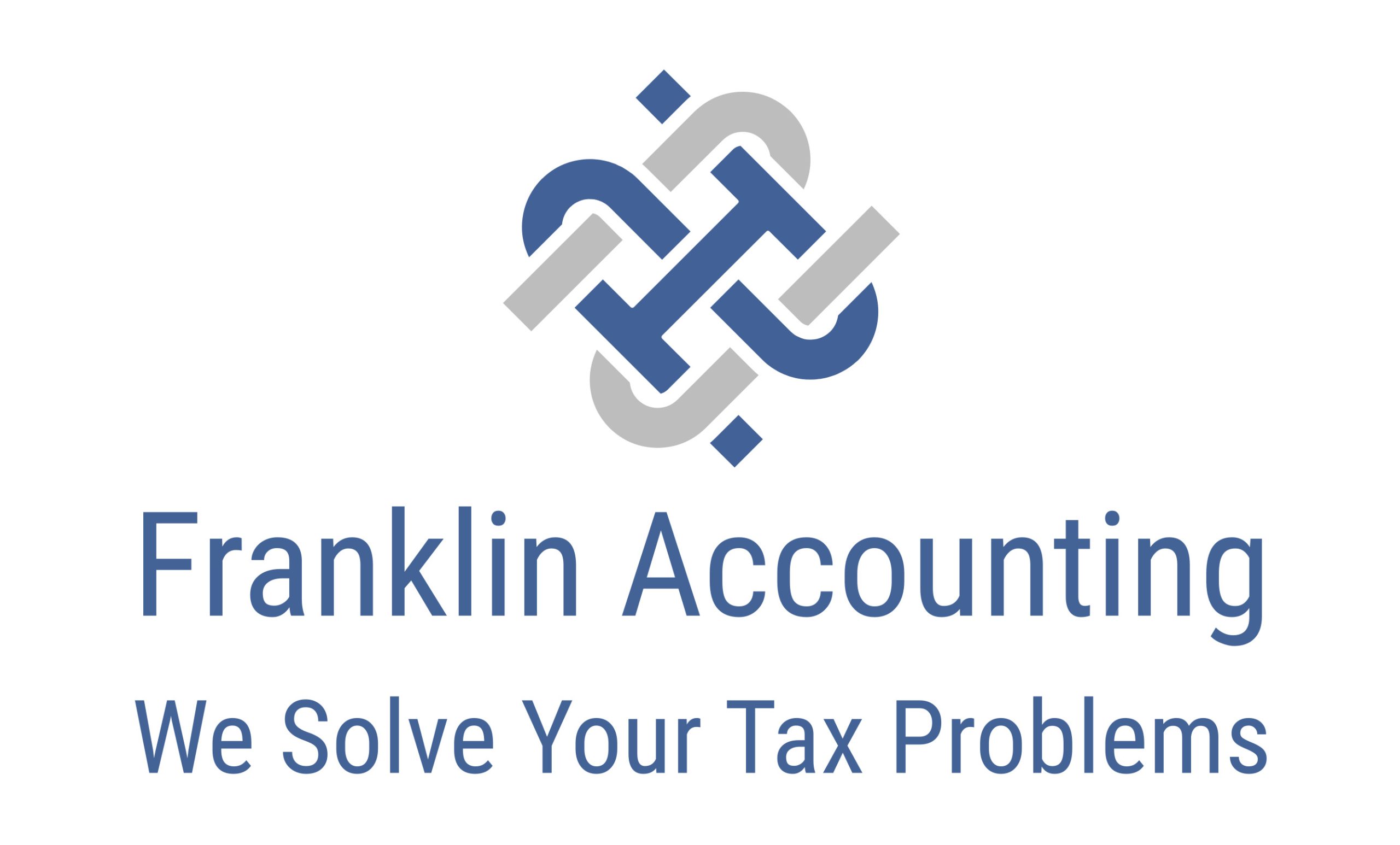Frequently Asked Questions
What do I do if I owe taxes?
You have options! You can full pay, set up an installment agreement payment plan, get in uncollectible status or do an Offer In Compromise (OIC).
What is an installment agreement and how does an installment agreement work?
Depends on the balance you owe and if you have filed all your tax returns (no missing years). Most payment plans are based on 72 months of payments. If the amount required to pay per month is more than you can afford, then you will qualify for a partial pay installment agreement. A financial statement will have to be completed to show your current financial situation to qualify for the partial pay installment agreement.
What is uncollectible status at the IRS?
Being in uncollectible status does not mean the debt goes away. Based on your current financial information the IRS has determined you cannot afford to pay the debt. They will not try to collect but will send letters yearly. If your income grows then you could be taken out of uncollectible status. They will still keep any future refunds to apply to the old debt. Interest and penalty will continue to accrue until the debt is paid off or the statute of collections runs out.
What is an Offer In Compromise (OIC)?
An OIC is like a contract. You offer to pay the IRS a specific dollar amount to settle your total debt with them. If they accept it, you have to comply with your offer and pay the amount by a specified date. Also, you must stay in good standing for 5 years after the OIC is accepted. That means no new IRS debt and filing tax returns on time or they can undo the OIC and put the written off balance back on you.
Can I do an OIC?
Depends. There are certain financial conditions that have to be met in order to do one. But sometimes an OIC is not the best option. You should look at all your options – installment agreement and currently non-collectible are two great options as well.
What if I don’t owe what they say I owe?
It is possible. We can review your account to determine what your issues are to verify it is right or wrong. If it is wrong, then I can help get that balance corrected.
My house has a lien on it for taxes. What happens if I sell it?
They will get the proceeds. But there are certain situations where I can get the proceeds released.
Can I still buy a house even if I have liens on me?
YES!! This is not a problem. Just paperwork and more paperwork and an approval process.
My bank account has been levied, what do I do?
This is a horrible thing to go through. It can be stopped if you act quickly. You have 21 days to get this stopped/reversed if we can prove that it is causing an economic hardship. Hardship example: If you are a business and need the funds for payroll.
My wages are being garnished by the IRS, how can I stop it?
Depends. It might be as easy as setting up an installment agreement with a monthly payment. But if you have had lots of previous installment agreements that were terminated for non-payment it might be hard to stop the garnishment but it can be done.
Why do I keep owing taxes every year?
I get this question every tax season from new clients. Sometimes it is as simple as not having enough withheld on your wages. With pay stubs being electronic, many of you do not log in and look at the paystub. You need to look at your paystub to make sure they are paying you correctly and are withholding taxes. If you are self-employed you will need to send in estimated tax deposits. Or maybe you have life changes (kids grown and moved out, marriage, divorce or deaths in the family). Easy to explain when we see your tax return.
I missed a payment on my installment agreement, what do I do?
Hurry and make the missed payment or you can call the IRS and ask to skip a payment. If you call to request a skip payment, they will need a reason. Funds not available is a good reason! Laid off from work or unexpected medical expenses are allowable ones too.
Can you get me out of the penalties and interest charged by the IRS?
Yes, no, maybe! Penalties – There is FTA – (First-Time Penalty Abatement) and there are reasonable cause relief available as well. For an FTA, you have to meet certain criteria. The other penalty relief will require a letter with supporting documents to show why penalties need to be waived/abated.
Interest waived/abated is difficult but not impossible. One example of interest abated is if an IRS employee caused an unreasonable error or delay to the taxpayer.
What do I do if I have not filed all my tax returns?
If you have several years of unfiled tax returns, the IRS will only require the last 6 years be filed. The state will want all missing years, but I usually wait for them to ask for years older than the last 6 years. Sometimes they are happy with just the last 6 years. The IRS and state share data. This is how the state will know if they are missing a tax return. The IRS also shares audits with the state. So, if you are audited by the IRS you will need to go ahead and do an amended return with the state for the changes the IRS made to your return.
